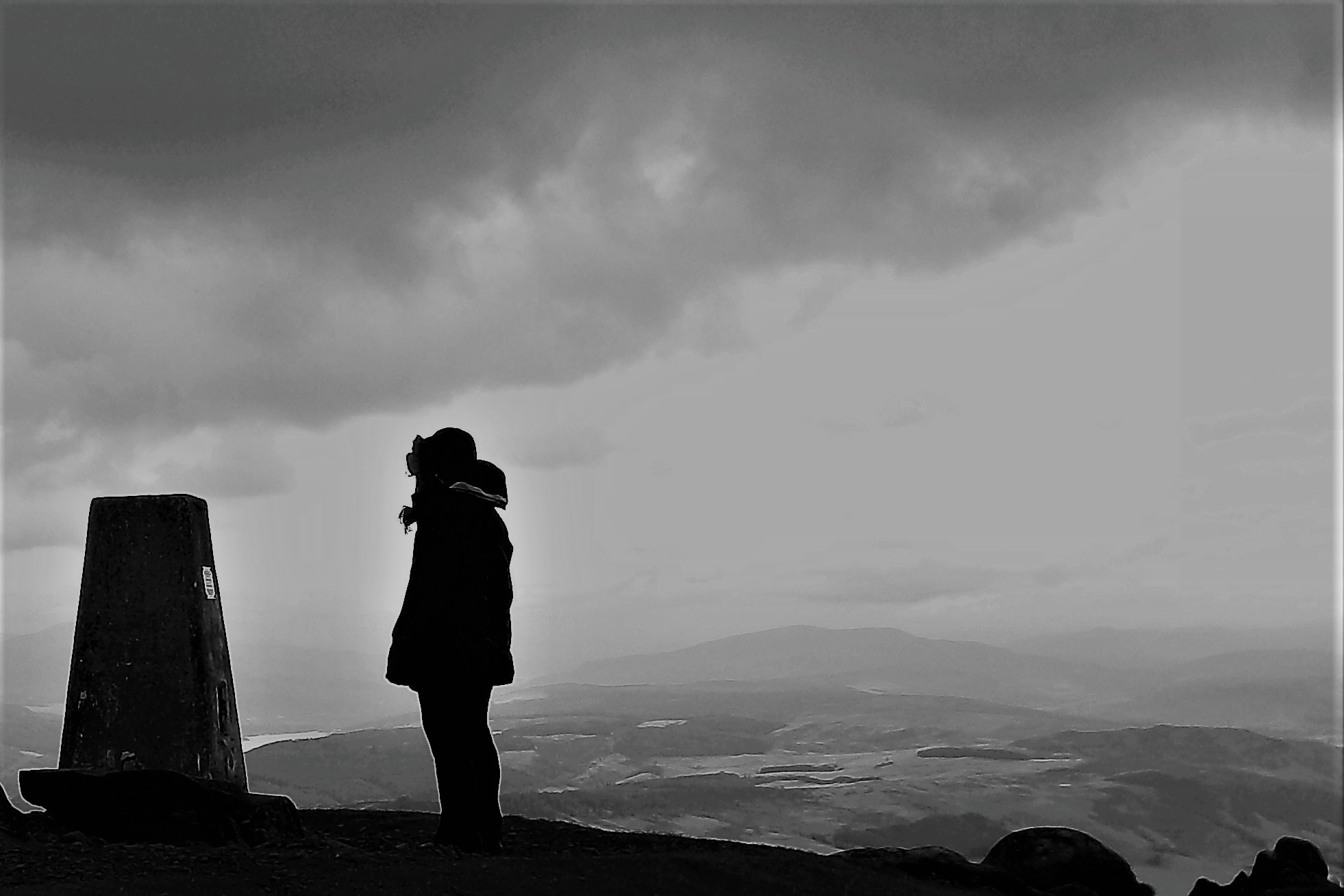POLES OF INACCESSIBILITY — F.E. CLARK
/Pole of inaccessibility: the centre of the largest circle that can be drawn without touching land.
Olivia and Steve learnt to use a pair of compasses at primary school, to stab the needle-point of the instrument into the paper, swivel the pencil round. Her impatient fingers couldn’t make the ends of her circles meet. His circles were perfect with their invisible joins. Olivia ditched the compasses, made her own circles, organic and joined like frogspawn, she wrote her name with a circle over each letter i. Steve drove her crazy by making her i-circles into eyes or glasses, or owls with glasses, once a pair of breasts—then, later the planets began to appear.
From Point Nemo, a pole of inaccessibility in the Pacific Ocean, the nearest land is approximately 1670 miles away; at times the closest humans are those in Space.
The launch was a carnival. Afterwards, Olivia looked up to the sky often, trying to imagine Steve floating out past the blue in the dark. It didn’t seem possible, and then it wasn’t. Steve fell—‘Mission Failure’. The craft falling, the flames and the launch replaying again and again on the television, on the radio, in the newspapers, while Steve was back to earth, and gone, into another vast uncharted place, a graveyard of spent space vehicles there in the depths where no-one ever went, just lying on the ocean floor. With continents of garbage floating above, thermal vents surging from below—a place of impossibility and darkness, of strange noises and beasts.
When the margins of land are not defined accurately the location of a pole of inaccessibility is also inaccurate.
It was not possible to recover the remains, it was not possible that there even were any remains, it was not possible for her to go there, wherever ‘there’ was. When Olivia was twenty-four, a year after Steve’s mission failed, she went on her own to a tattoo parlour and had a tiny space-ship inked under her left breast by a tattooist with a huge beard who smelt of cloves and touched her so tenderly it made her cry. He thought it was because his needle hurt her and kept apologising, but she told him, ‘It’s not possible’.
Nemo means no-one.
Olivia sat every day in the same chair at the window, holding her hand over her secret space-ship as she rocked back and fore. She insisted on seeing the stars every night. She wept on her ninety-eighth birthday because it was cloudy—the care-staff thought she didn’t like the cake they brought her. It would be a few years before they discovered her secret tattoo.
F. E. Clark lives in Scotland. She writes, paints, and takes photographs—inspired by nature in all its forms. A Pushcart, Best of the Net, and Best Small Fictions nominee, her poetry, flash-fiction, and short stories can be found in anthologies and literary magazines. More details can be found on her website, www.feclarkart.com, and she tweets intermittently at @feclarkart.



